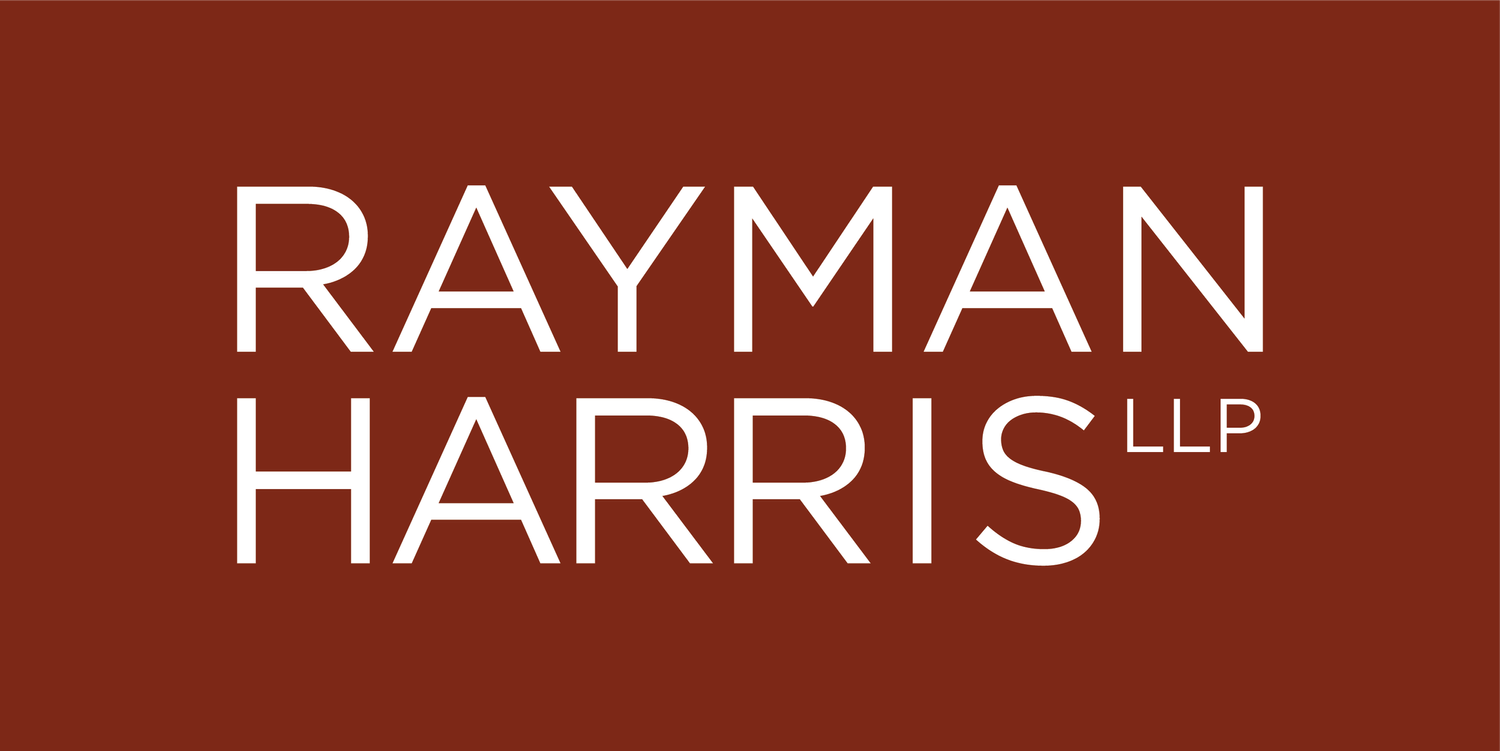
Expropriation Terms
The following is a brief summary of terms that are commonly used in the expropriation process and expropriation documents that are provided to property owners:
Notice of Application for Approval to Expropriate
This is the first formal document sent to a property owner by the expropriating authority. It provides owners with notice that an interest in their property may be expropriated and advises of the opportunity to request a Hearing of Necessity if they respond within thirty days of receiving the document. See Section 6(1) of Expropriations Act
Hearing of Necessity
Owners have the right to request a hearing to determine whether the expropriation that is proposed is fair, sound and reasonably necessary to meet the objectives of the expropriating authority. This hearing is held by an Inquiry Officer appointed by the government, who makes a non-binding recommendation to the government about whether the expropriation should proceed. See Section 7 of Expropriations Act and Hearings of Necessity – An Overview, an article co-authoured by Shane Rayman.
Plan of Expropriation
This is a survey that shows the lands that are being expropriated and is registered on title in the local registry office. Once this plan is registered on title, the lands are legally owned by the expropriating authority. See Section 9(1) of Expropriations Act
Notices Sent to Owner after the Plan of Expropriation is Registered
Notice of Expropriation – This provides legal notice of the expropriation and the rights of an owner to compensation. See Section 10(1) of Expropriations Act
Notice of Election – This notice lets an owner choose the valuation date for the purpose of determining compensation. The date can be:
A date shortly before the Hearing of Necessity, if one takes place See Section 10(2)(a) of Expropriations Act;
The date the Plan of Expropriation is registered on title See Section 10(2)(b) of Expropriations Act; or
Two days after the Notice of Expropriation is mailed to the owner See Section 10(2)(c) of Expropriations Act.
The owner must return the Notice of Election to the expropriating authority within thirty days. Otherwise, the valuation date is the date when the Plan of Expropriation was registered on title. See Section 10(2) of Expropriations Act
Notice of Possession – This advises the owner when the expropriating authority will take possession of the expropriated lands. Unless one of the parties applies to the court, possession can take place ninety days after the Notice of Expropriation is served and after the Section 25 Offer (see below) is served. See Section 39. of Expropriations Act
Section 25 Offer
Within ninety days of the Notice of Expropriation being served, the expropriating authority must serve a without prejudice offer of compensation and an appraisal report. The appraisal report must estimate the value of the land that is expropriated along with any injurious affection to the remaining lands if there is a partial expropriation.
The government must offer all compensation set out in the appraisal report if the owner wishes to fully and finally settle the matter. The government must also advance an offer of immediate compensation for the market value of the land expropriated, if the owner wishes to take the immediate offer and continue to seek additional compensation. See Section 25 of Expropriations Act
Mediation before the Ontario Land Tribunal
If the parties cannot agree on compensation, either party may apply to the Ontario Land Tribunal for a meeting to try to resolve the issue. This meeting facilitates without prejudice settlement discussions. Section 26.3 – 26.5 of the Ontario Land Tribunal’s “Rules of Practice and Procedure”.
Hearing Before the Ontario Land Tribunal
Damages under the Expropriations Act
To make an owner whole, the Expropriations Act requires an expropriating authority to pay full and fair compensation to an owner that includes:
Market Value – The government who expropriates land must pay compensation for the market value of the land that is expropriated. This compensation is based on the highest and best use of the property and is to disregard any influence that the project for which the land is expropriated has on the value of the land. See Section 14 of Expropriations Act and Large Scale Expropriations and Reverberative Effects
Injurious Affection – Owners have the right to claim compensation for any reduction in the value of their remaining land that arises as a result of the expropriation. See Sections 1, 13, 21, 22 and 23 of Expropriations Act
Disturbance Damages – To ensure owners are made whole, owners are entitled to claim for damages that arise as a natural and reasonable consequence of the expropriation. This can include out of pocket costs, relocation expenses, business losses (see below) and costs that are caused by an expropriation. See Sections 13 and 18 of Expropriations Act
Business Loss – When businesses suffer losses due to an expropriation or works associated with the expropriation, owners can claim losses due to temporary or permanent business loss. See Sections 13 and 19 of Expropriations Act
Home for a Home / Relocation Costs – When a person’s home is expropriated, he or she is entitled to compensation to ensure that he or she is able to purchase a replacement home that is reasonably similar. An expropriating authority also has to pay for an owner’s relocation costs and an inconvenience allowance that is equal to five percent of the value of the residence. See Sections 13, 15 and 18 of the Expropriations Act
Interest – Owners are entitled to be paid interest on their compensation for market value and injurious affection from the time the government takes possession until the time compensation is paid. See Section 33 of Expropriations Act
Reasonable Costs – Owners are entitled to be reimbursed for the reasonable legal, appraisal and other costs that they incur as part of their claim for compensation. The obligation for the government to pay costs is triggered so long as the final compensation is greater than 85% of the Section 25 Offer made by the government. See Section 32(1) of Expropriations Act and Controlling Reasonable Costs, an article co-authoured by Shane Rayman, and Shergar: Redefining Expropriation Costs
Section 30 Agreement
This is an agreement where property owners agrees to sell all or a portion of their property to government in order to avoid a formal expropriation and the parties both agree that final compensation will be determined under the Expropriations Act as though the property was expropriated. See Section 30 of Expropriations Act and Controlling Reasonable Costs, an article co-authoured by Shane Rayman.

